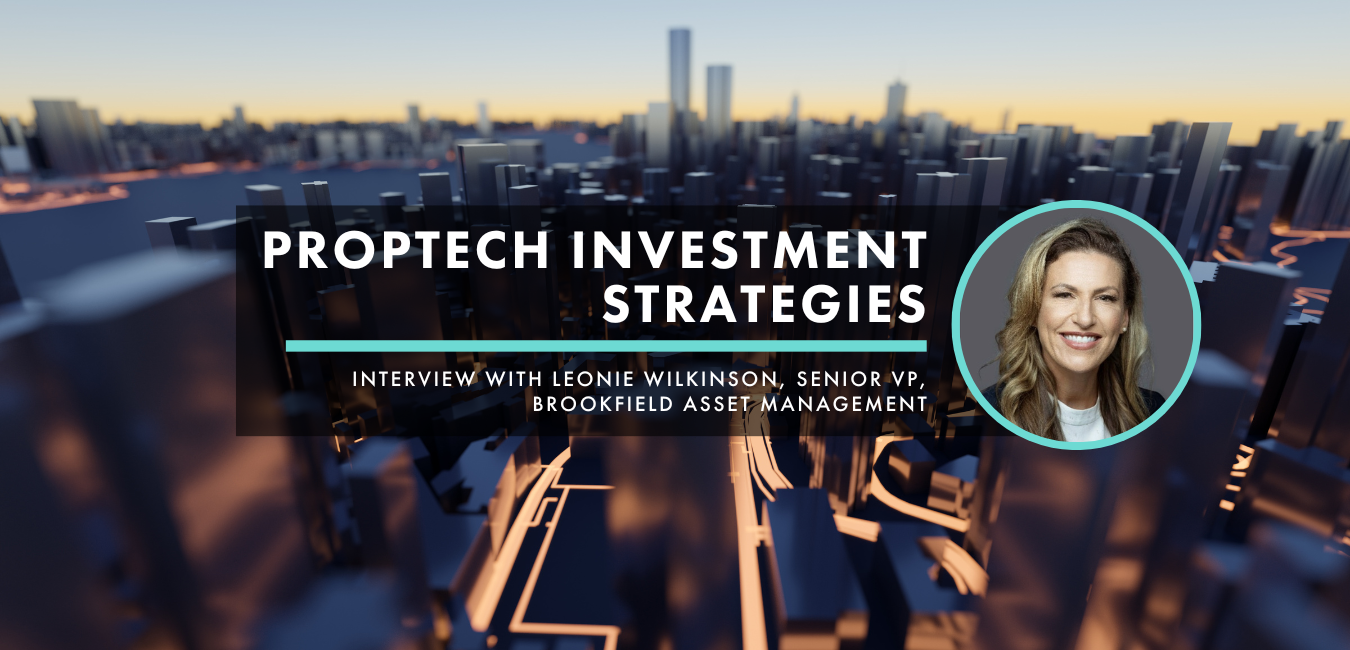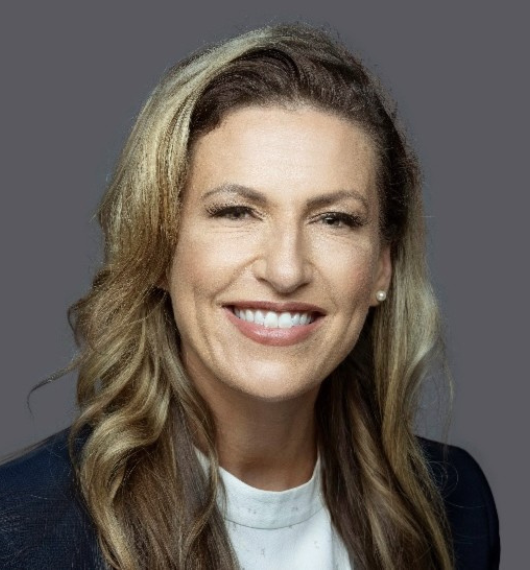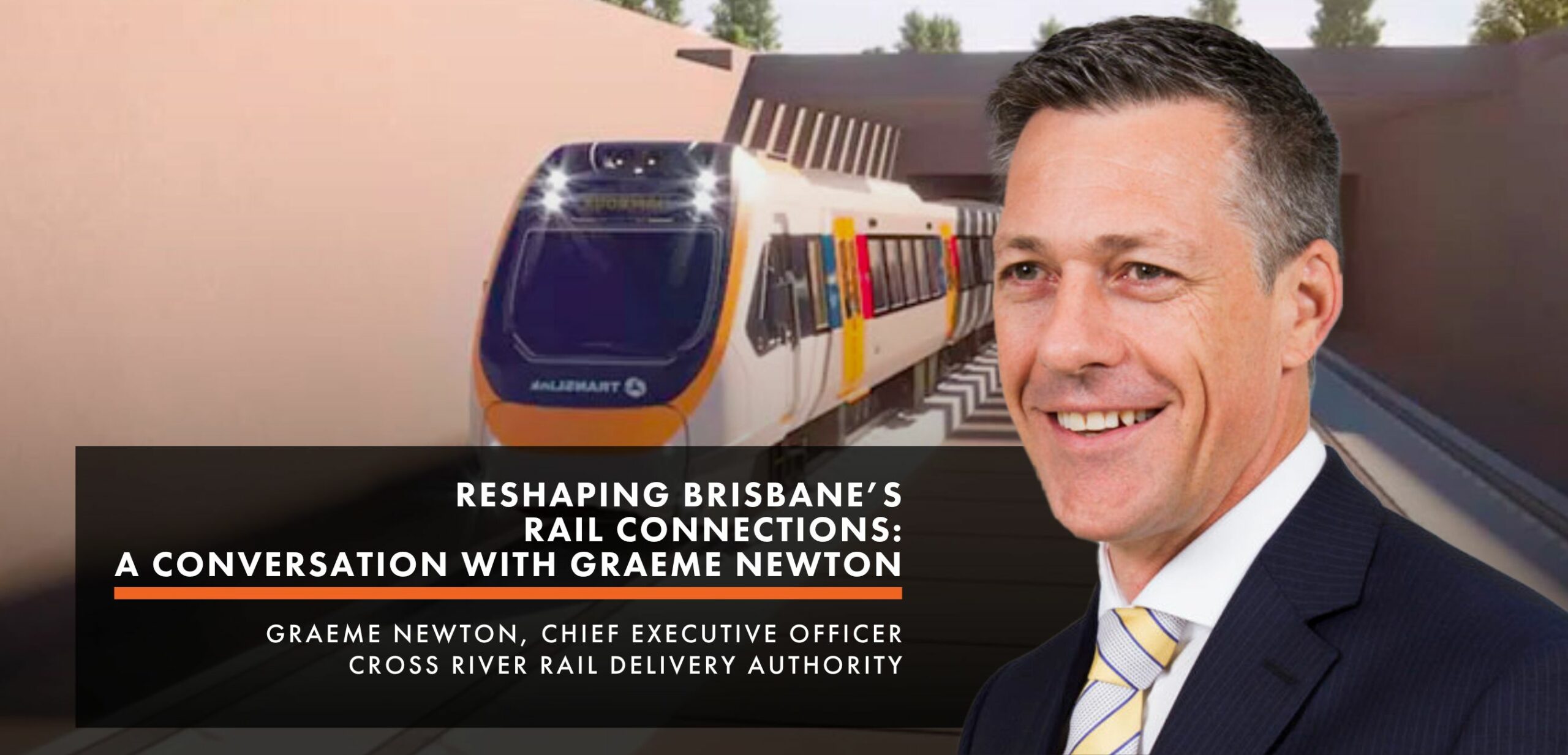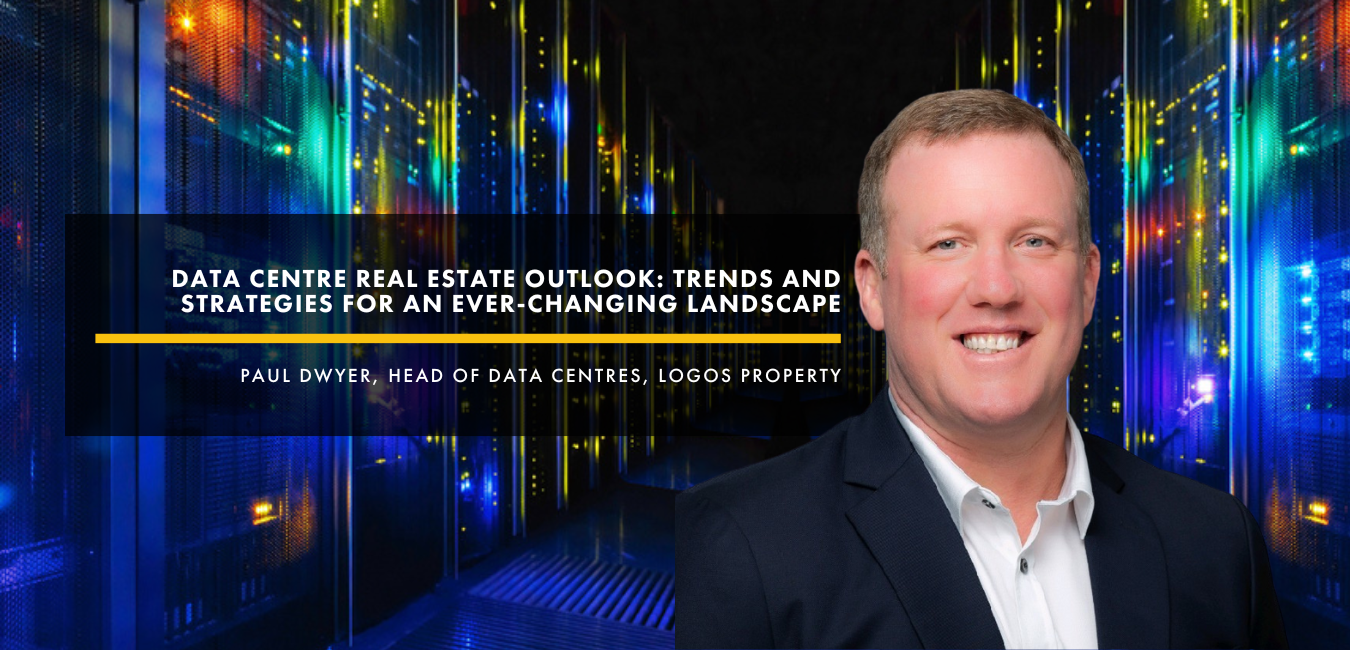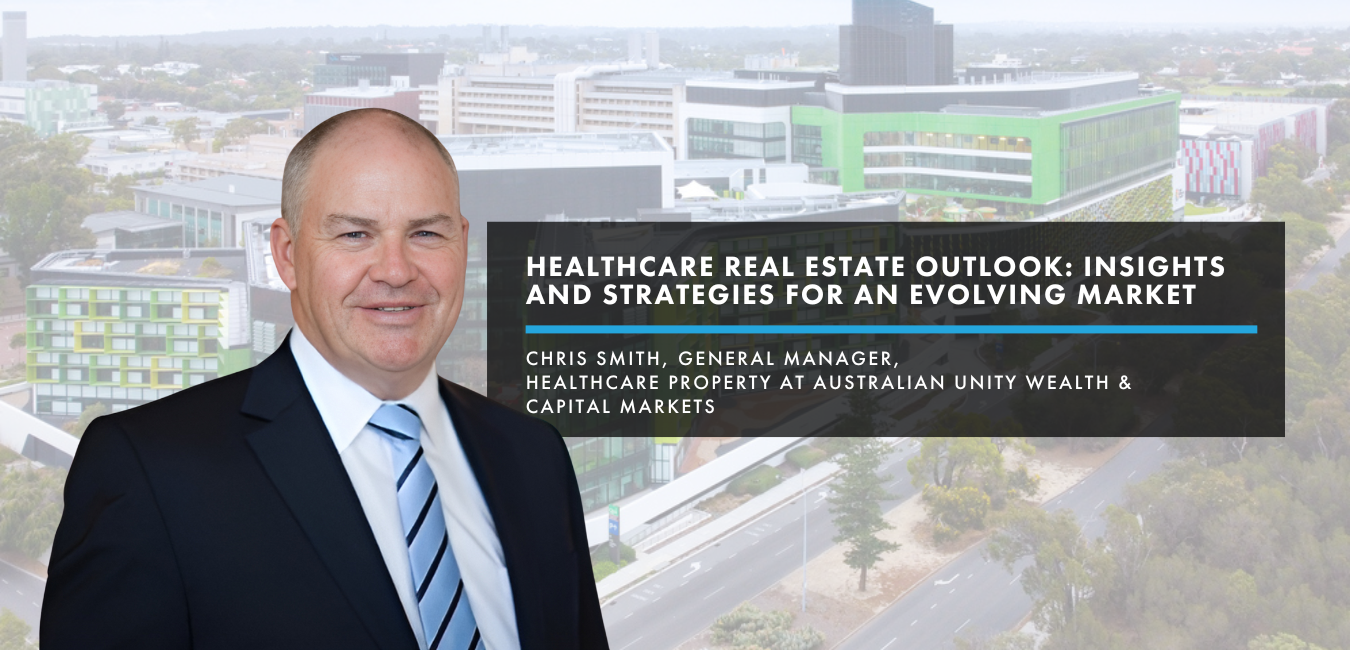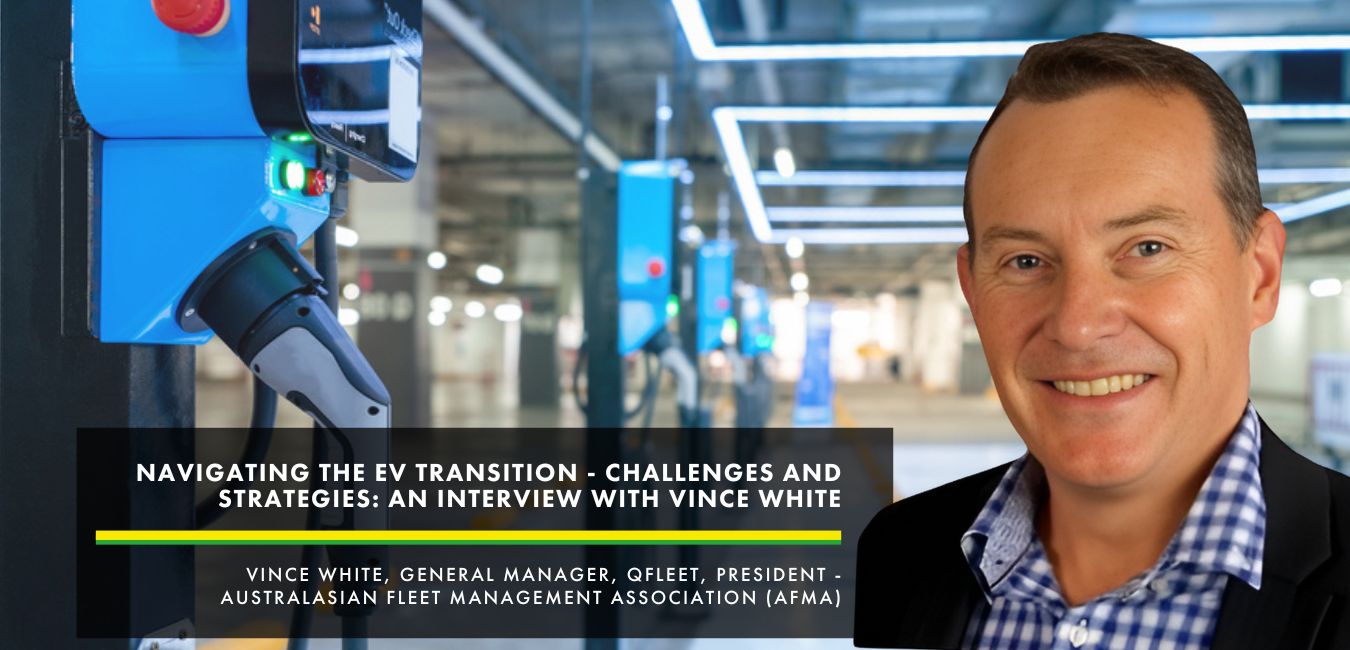PropTech Investment Strategies.
We are thrilled to have the opportunity to speak with Leonie Wilkinson, an industry-leading expert in real estate asset investment strategies. Leonie is not only the Senior Vice President at Brookfield Asset Management, she’s also a renowned business mentor at Minerva Network and was recently made Chair of the Australia and Asia Pacific Executive Committee at the Urban Land Institute. Check out our interview below!
Future Place: Can you describe your current role at Brookfield?
Leonie Wilkinson: I look after Brookfield’s Australian Core/CorePlus Real Estate Strategies. Brookfield is a large organization. We have around US $750 billion of assets under management globally and a very large real estate team, which is where I sit. We’ve got infrastructure, renewable power and transitions, private equity, and credit insurance solutions as our core asset classes. I work with the global teams as well as the local teams.
FP: You’ve been a Business Mentor for Minerva Network, an organization dedicated to mentoring Australia’s female athletes to transition their success in sports off the field as they gear up for retirement. How is it that you became involved?
LW: I became involved when I met the CEO of Minerva Network. We were both speaking at a networking event called Chief Executive Women, which is another private network for Australian female businesswomen. She asked me to be a part of her organization as a business mentor.
I was really attracted to Minerva Network for a couple of reasons. They’re looking to help transition professional female athletes from their job as a professional athlete into the workforce because what the founders of Minerva have realized is that men were able to make that transition really well. In fact, it’s often quite a smooth transition for professional male athletes into really terrific corporate careers. But that wasn’t happening so much for female athletes, and so the founders of Minerva Network thought that they’d like to do whatever they could to help create some kind of networking or mentoring assistance for female athletes to help them transition. And for me personally, there were two things that were really appealing about that. The first is just broadening out diversity in the workforce and the second is increasing girls and women’s participation in sport.
FP: You’ve said that you’re very passionate about doing everything you can to enhance the participation of women and girls in sport, can you go into further detail?
LW: Yes I’m very passionate about that, and I’m very passionate about being involved in the network, which helped me put a little bit more structure around why I think it is important.
What we intuitively know is that women and girls who participate in sports have higher self-esteem, higher confidence, and they’re less likely to become depressed. We see unwritten rules from sport such as group processes, organizational models, and cooperation sensitivity that can be applied in the work environment. As we have more women coming through, we do see more respect for a broad, conciliatory, collaborative process. So that’s why I want to do everything that I can to help more women and girls participate in sport so that they can build these skills and transition more seamlessly into the various levels of the workforce.
FP: How has your mentorship for Minerva Network empowered your leadership at Brookfield?
LW: It made me better aware of business models generally and here at Brookfield, we’re very focused on developing our future leaders from within the organization. We have a very strong focus on success, so I really love getting to understand the individuals and what’s motivating them and how we can prepare them for success in the future. Minerva has deepened my understanding of the current and future state of Australian business settings, which was very helpful and so was the applicability of the Minerva Network business mentoring back here into Brookfield.
FP: Would you say that your years of experience in real estate funds management has given you a front-row seat to the PropTech “revolution?”
LW: Absolutely. As you know, Brookfield is one of the world’s largest real estate owner operators. We’re very well positioned to recalibrate our assets all the time to reflect fundamental changes to the way that we’re all living. And, of course, that’s been accelerated throughout COVID-19. We want our assets to thrive in this new environment and we have a really clear insight into where these technologies are going to benefit our assets, and what we believe is that software is becoming the new infrastructure. So what we’re seeing across our platform is a really significant digital transformation underway and traditional sectors such as industrials, manufacturing, construction, real estate and infrastructure are accelerating into this space.
FP: Brookfield invests in growing companies that operate “at the intersection of technology and the built environment.” Considering that PropTech is a maturing category with a very broad definition, is it challenging to identify which companies will make the most impact in Brookfield’s investment strategy?
LW: It is the power of the Brookfield ecosystem that helps us identify companies that we think are going to be suitable to invest in. We have been driving innovation across our businesses for as long as we’ve been in business. But in terms of our technology transactions, because of the breadth and scale and depth of what we have under management, 90% of our technology transactions are sourced on a proprietary basis. So, what we’re looking for, when we’re underwriting new technology investments, are things like market leadership and the size of the market revenue growth.
What we tend to do is wait until the economics of unit production are established, then we wait for that first pilot to be put out into the market, and then we look for that to be a bit more stabilized. We like to have some kind of technology-defined moat, and what we always look for is a very distinct overlap with Brookfield’s existing assets or strategic value to work alongside us. When companies have moved through that first series of funding and are moving into a situation where there are multiple investors involved, very often those existing investors would like to rate up and continue to invest with that company because it is at a point where some of the viability of the products has been proven and the economics are starting to stabilize. Brookfield then presents a valuation plan to the management teams of these companies, with a focus on our differentiation- the scale of our portfolio and the insights that we have across our own portfolio.
FP: What are the signs that a PropTech startup will become a high-quality asset?
LW: We’re always a minority investor in these companies. For us, the management team is absolutely everything. We’re very focused on making sure that we have an extremely high-quality management team by the time we get to be involved in the company. We really need the team to be mature enough to target investment underwriting, so we’ll sit and watch the stages of investment as the companies move through the pilot phase and come in when the products demonstrate some kind of viability.
FP: Is there a form of property technology that isn’t getting as much attention as you think it should?
LW: I think construction is an area that has a lot of upside for technology innovation. One of our first growth investments was in a company that helps simplify the processes involved in construction projects; working with general contractors, helping them be much more efficient with their subcontractors, eliminating a lot of the paperwork, and helping them work more efficiently within a digitized workplace.
FP: You’ve, quite recently, joined the Urban Land Institute’s Australia and Asia Pacific Executive Committee. Congratulations! How have your first few weeks been?
LW: Thank you so much for asking! I am really excited and passionate about it. ULI is a wonderful organization. It’s a forum where people can give back their expertise and their knowledge and deliver the best possible urban environments in which property can solve the world’s problems. What we’re seeking to do is bring together a broad range of disciplines right now here in Australia. We’re setting up our objectives for the next couple of years and then I will form my strategy to meet those objectives. From a global top-down perspective, we’ll be focusing on decarbonization, increasing housing attainability, and education. With travel and events getting back to normal, we’re really excited about formalizing our strategy!
Supply Chain & Industrial Warehouse Summit
Leonie will be speaking at the Supply Chain & Industrial Warehouse Summit, taking place on 3-4 November 2022. It will explore the major challenges being faced by CPGs and 3PLs across the supply chain from shipping, containers, transportation, warehousing and the last mile – and how technology and innovative approaches can help unlock inefficiencies and optimise the movement of goods.
Co-located with the Annual Australian Supply Chain & Logistics Awards on the night of the 4th, presented by Supply Chain & Logistics Association of Australia (SCLAA)

